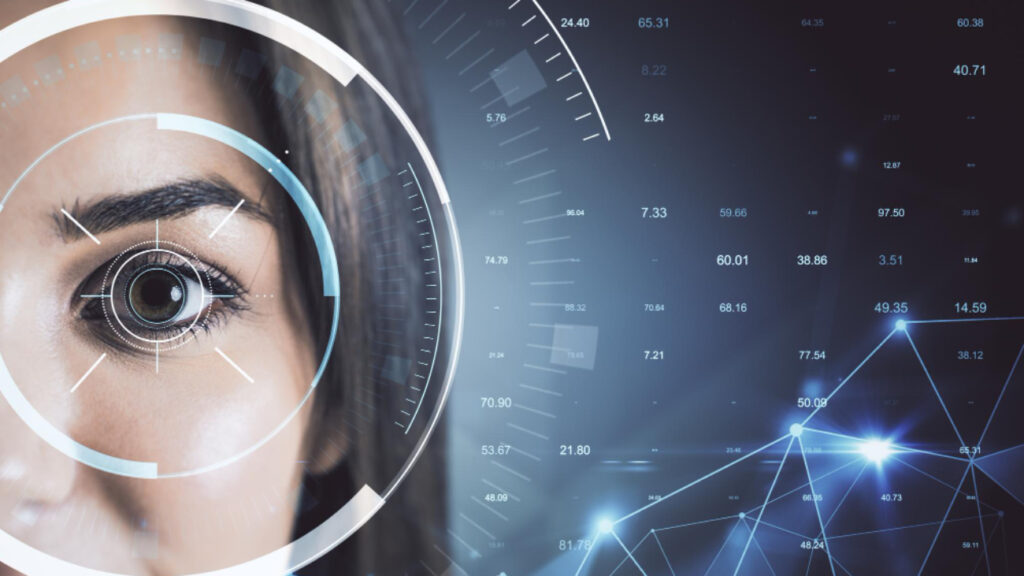A world was a quick fingerprint scan can protect your medical records and provide accurate personalized care is not fiction anymore feels Bahaa Abdul Hadi. Biometrics technology is transforming identification and access control application everywhere, including the healthcare sector.
Using the technology to identify unique behavioral or physical traits in people, biometrics is enhancing patient medical data. Additionally, it is making verification swift and easy. From access control to telemedicine, biometrics is revolutionizing healthcare in many ways. This article will highlight its application and benefits to the industry.
Application of Biometric Fusion in Healthcare
The ability of biometrics to record real human characteristics makes the technology very reliable. In healthcare, it has many useful applications, such as:
Biometric Identification for Patient Check-ins
Using processes like KYP (Know Your Patient) which incorporate biometrics, hospitals can ensure minimal risk of medical errors by streamlining patient registration. Some hospitals have already implemented facial recognition technology in their registration process. Now patients spend only minutes to be scanned. The technology also matches them to their correct medical records. Biometrics have drastically reduced patient waiting time.
Remote Patient Monitoring
During the COVID-19 pandemic, remote patient monitoring and telemedicine became more popular. Biometrics helped telemedicine grow by securing the authentication process for remote visits. With the help of IoMT (Internet of Medical Things) and biometric wearables, healthcare professionals can remotely monitor the patient’s health. Regardless of where the patient is, biometrics provide accurate and timely care, and also improve patient outcomes.
Access Control
Biometric access control prevents unauthorized people from accessing sensitive information. Hospitals and clinics deal with a lot of personal data such as patient and employee records. They also store sensitive medical data related to research. With biometrics technology, healthcare institutions can restrict access to laboratories and other important locations.
Research and Clinical Trials
Personal data breach was always a problem for researchers. Biometrics solves this issue by providing precise medical information without breaching patient privacy. Healthcare professionals can now identify patients accurately and monitor their progress to select only the most valid subjects for their research.
In Conclusion: The Future of Healthcare
Apart from benefiting the patients and the medical practices, biometrics also make administration smoother. This technology can take over automated tasks like attendance tracking. In the future, the healthcare industry will continue to get better with technology. Remote patient monitoring will make healthcare accessible to new places. With stronger security, hospitals will provide better services and dedicate more time to important research.
Thank you for the interest in bahaa abdul hadi blogs. For more information, please visit www.bahaaabdulhadi.com







